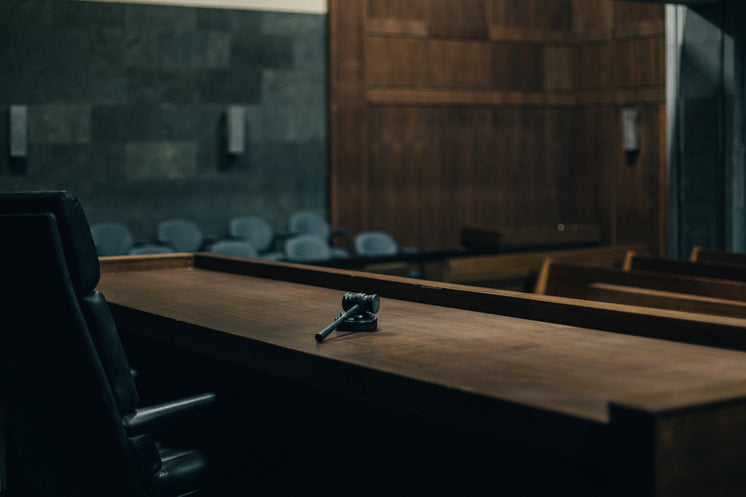
kristin2817814
About kristin2817814
The legal framework in the United Kingdom is built on a historic tradition of judge-made law, alongside legislation passed by the UK Parliament.
These courts are not just places where legal disputes are resolved; they also provide essential support and assistance to individuals navigating the legal system. From offering guidance to those who cannot afford legal representation to ensuring that vulnerable individuals are protected, UK law courts are an important part of the justice system. This article will explore the various ways in which law courts in the UK help the public, including legal aid, court assistance services, and more.
Above the High Court and Crown Court is the Court of Appeal, which is divided into the Civil Division and the Criminal Division. Appeals are reviewed from lower courts and establishes legal principles that are followed by lower courts. At the top of the hierarchy is the Supreme Court of the United Kingdom, which is the final court of appeal in civil and criminal cases for all parts of the UK, except for criminal cases in Scotland.
For civil matters involving high value or complexity, cases may be referred to the High Court of Justice. The High Court is divided into three divisions: the Queen’s Bench Division (handling contract and tort cases), the Family Division (handling divorce and child custody), and the Chancery Division (handling business, property, and inheritance matters).
Appealing a case is an important part of the judicial system in the UK, as it allows for decisions to be reviewed and corrected if necessary. However, not all decisions are appealable, and in order to appeal, the appellant must have valid grounds, such as a mistake of law, procedural irregularities, or new evidence that was not available at the time of the original trial.
The Welsh Language Act 1993 and the Government of Wales Act 2006 establish that Welsh and English have equal status in court proceedings in Wales. This means individuals have the right to use the Welsh language in legal proceedings, and courts must make translation and interpretation services available. Many judges and legal professionals in Wales are bilingual.
The safety and fairness of courts are cornerstones of the English judiciary. Judges are appointed based on merit by the independent Judicial Appointments Commission. They are expected to be impartial and are protected from political interference to ensure the integrity of legal proceedings.
Similarly, the Next in line, County Courts deal with a variety of civil cases, including contract disputes, personal injury claims, and housing issues. The funding of County Courts is also provided by the Ministry of Justice, but like the Magistrates’ Courts, these courts have faced increasing demands. The Ministry of Justice must balance the budget effectively to ensure that these courts can deal with their caseloads without compromising on fairness or access to justice.
The UK has a comprehensive court system, and each level requires adequate financial resources to operate. These courts range from the local Magistrates’ Courts, which handle less serious criminal cases, to the Supreme Court, which addresses the most complex and significant legal issues. Ensuring adequate funding for courts is essential for maintaining a fair and just legal system.
In the jurisdiction of England and Wales, the hierarchy of courts consists of several levels. In the event you beloved this information and also you would want to acquire details concerning legal guest posting sites kindly go to our own web-page. At the bottom are the Magistrates’ Courts and County Courts. Magistrates’ Courts deal with minor criminal offences, while County Courts handle civil matters such as family matters.
 The court trial is highly structured, and each party is given an opportunity to present their case, call witnesses, and cross-examine the opposing party’s witnesses. During the trial, the judge will listen to the arguments, evaluate the evidence, and make rulings on any legal issues that arise. In civil cases, the standard of proof is typically ”on the balance of probabilities,” meaning that the claimant must prove that their version of events is more likely to be true than the defendant’s. In criminal cases, the standard of proof is higher: ”beyond a reasonable doubt.” The prosecution must prove the defendant’s guilt to this high standard.
The court trial is highly structured, and each party is given an opportunity to present their case, call witnesses, and cross-examine the opposing party’s witnesses. During the trial, the judge will listen to the arguments, evaluate the evidence, and make rulings on any legal issues that arise. In civil cases, the standard of proof is typically ”on the balance of probabilities,” meaning that the claimant must prove that their version of events is more likely to be true than the defendant’s. In criminal cases, the standard of proof is higher: ”beyond a reasonable doubt.” The prosecution must prove the defendant’s guilt to this high standard.
 The use of virtual hearings has expanded significantly in recent years, especially due to the COVID-19 pandemic. Virtual hearings allow individuals to attend court remotely, either by video or by phone. This has been particularly beneficial for people who may have difficulty traveling to court due to illness, disability, or financial constraints. While virtual hearings have proven to be effective in many situations, some individuals still find them challenging, particularly those who are not comfortable with technology or who lack access to reliable internet.
The use of virtual hearings has expanded significantly in recent years, especially due to the COVID-19 pandemic. Virtual hearings allow individuals to attend court remotely, either by video or by phone. This has been particularly beneficial for people who may have difficulty traveling to court due to illness, disability, or financial constraints. While virtual hearings have proven to be effective in many situations, some individuals still find them challenging, particularly those who are not comfortable with technology or who lack access to reliable internet.
In conclusion, the UK legal system reflect a multifaceted legal heritage shaped by centuries of development. With separate systems in its constituent nations and a clear hierarchical structure, the UK judiciary continues to adapt to the changing needs of society while remaining anchored in fundamental legal principles.
No listing found.

